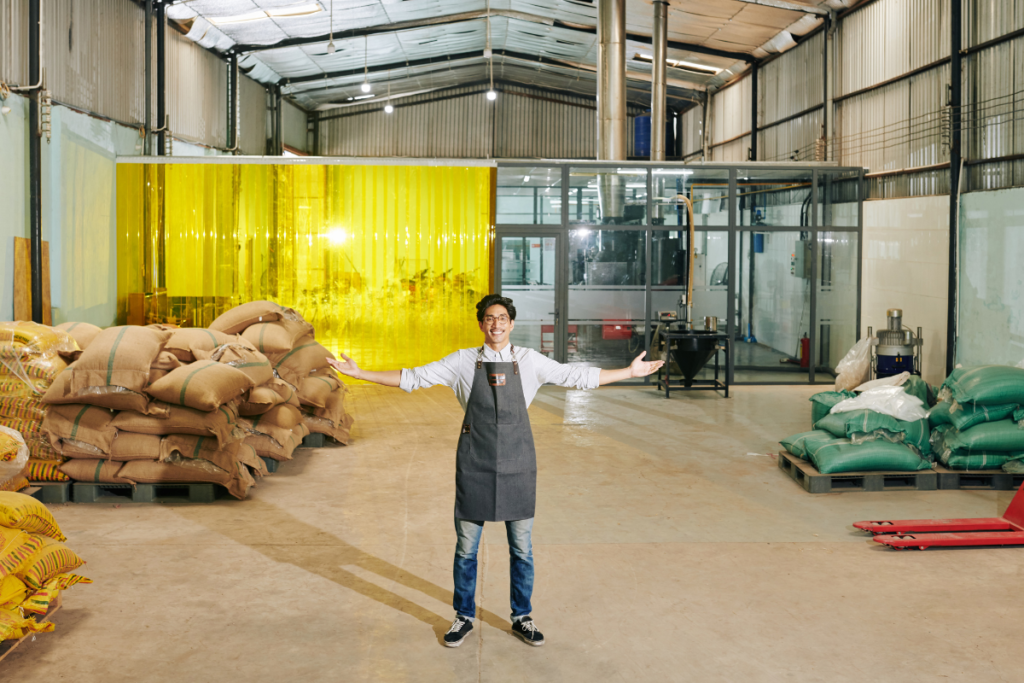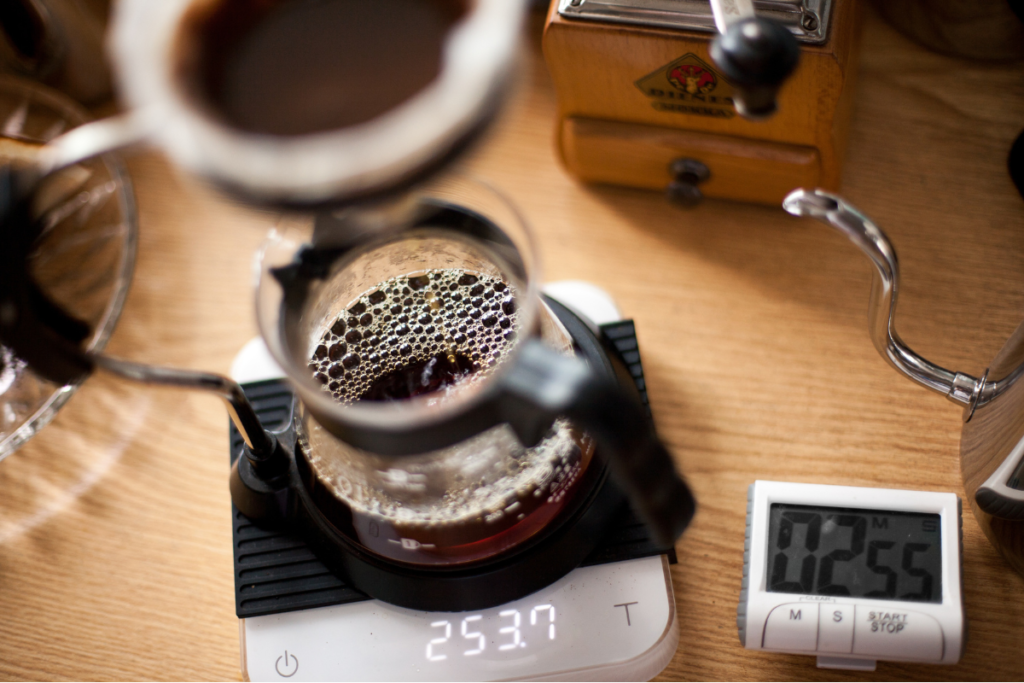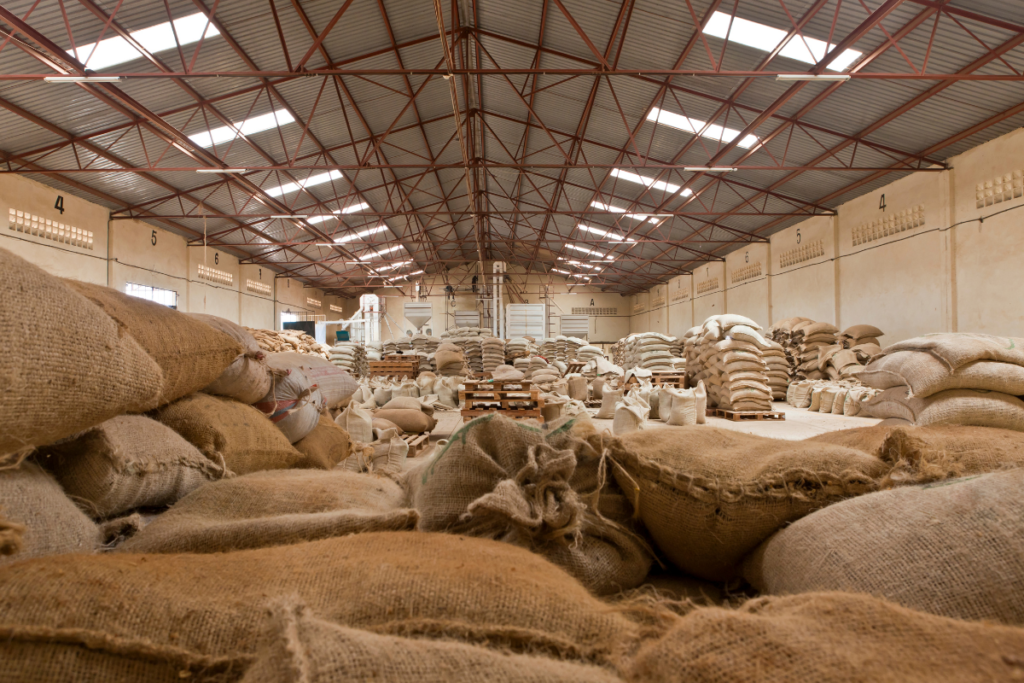
The term “specialty coffee” has become increasingly popular and may be used by some coffee roasters who don’t necessarily adhere to the strict standards set by the specialty coffee industry. This can create confusion for consumers who are seeking genuinely high-quality, specialty-grade coffee.
Here are a few reasons why some roasters may claim to be specialty but don’t meet the industry’s standards:
- Marketing Strategy: Some roasters may use the term “specialty coffee” as a marketing tool to attract consumers who are willing to pay a premium for perceived quality. By associating themselves with the specialty coffee movement, they may appeal to consumers who prioritize factors like flavor, origin, and ethical sourcing.
- Lack of Quality Control: While specialty coffee is defined by its focus on quality and flavor, not all roasters adhere to rigorous quality control standards. Some roasters may source lower-quality beans or use inconsistent roasting methods that don’t meet the flavor standards set by the specialty coffee industry.
- Limited Transparency: Transparency is a key principle of the specialty coffee movement, emphasizing traceability and accountability throughout the supply chain. However, some roasters may lack transparency in their sourcing practices, making it difficult for consumers to verify the quality and authenticity of their coffee.
- Misinterpretation of Specialty Coffee: There may be a misunderstanding or misinterpretation of what constitutes specialty coffee among some roasters. While specialty coffee is defined by factors such as cup quality, flavor complexity, and scoring criteria, not all roasters may fully understand or adhere to these standards.
- Industry Trends and Consumer Demand: As the specialty coffee movement has gained momentum, some roasters may attempt to capitalize on the trend by positioning themselves as specialty coffee roasters, even if their practices and products don’t align with the industry’s standards.
To ensure that you’re purchasing genuine specialty coffee, consider the following factors:
- Look for roasters who are transparent about their sourcing practices, including information about the origin, processing method, and quality grading of their coffee beans.
- Seek out roasters who prioritize quality and consistency in their roasting process, as evidenced by their commitment to cupping, quality control measures, and flavor profiling.
- Support roasters who are actively engaged in the specialty coffee community, participating in events, competitions, and industry associations that promote excellence and innovation in coffee.
By being informed and discerning consumers, you can support roasters who are dedicated to producing exceptional specialty coffee and contribute to the growth and sustainability of the specialty coffee industry.


